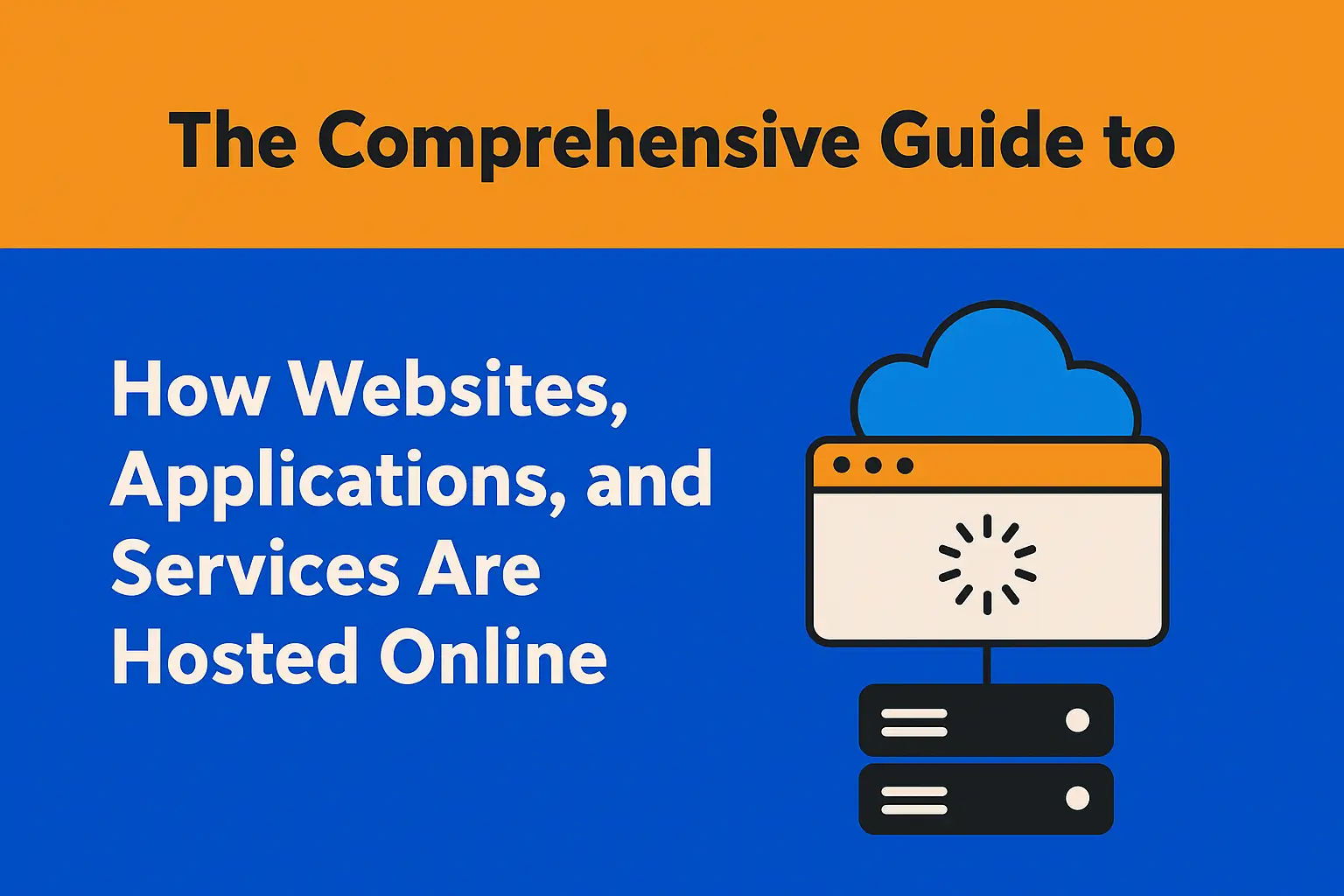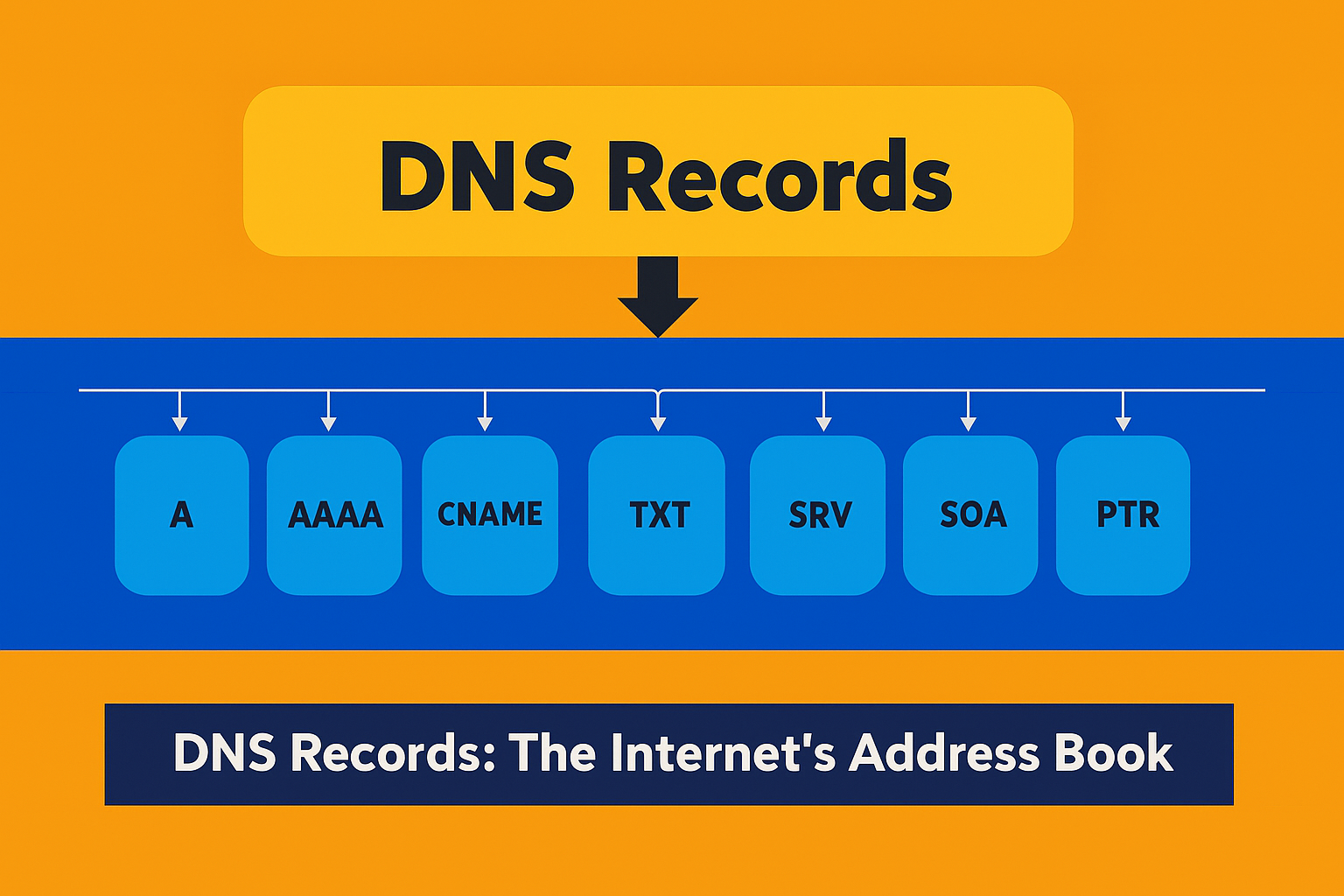
Introduction to Google’s AI: Gemini
Artificial intelligence (AI) continues to transform various sectors, from healthcare to finance, and Google has been at the forefront of this technological revolution. One of the latest advancements from Google in the world of AI is Gemini. As an AI initiative, Gemini aims to push the boundaries of what is possible by leveraging cutting-edge machine learning and data analysis techniques.
Google’s Gemini project is designed to address several core objectives. First and foremost, it seeks to advance the understanding and capabilities of AI systems by integrating sophisticated algorithms that enhance learning processes. This is particularly crucial in making AI more intuitive and capable of understanding complex patterns and human-like reasoning.
The motivation behind Gemini lies in the potential it has to reshape industries and improve everyday life. By enhancing AI’s ability to interpret data and make autonomous decisions, the project aspires to deliver more accurate and efficient solutions across a range of applications. For example, in healthcare, Gemini can aid in diagnosing diseases more accurately, while in logistics, it can optimize supply chain processes.
Google’s commitment to AI is not new, but Gemini represents a significant leap forward. The project encapsulates years of research and development aimed at creating more versatile and dynamic AI models. It reflects Google’s holistic approach to artificial intelligence, emphasizing the ethical implications and ensuring the technology is developed responsibly and transparently.
In the broader landscape of AI, Gemini signifies an important advancement. It showcases how AI can be applied to solve sophisticated problems and create new opportunities. As a landmark project, Gemini not only underscores Google’s leadership in AI development but also sets the stage for future innovations that could profoundly impact our society.
The Evolution of AI at Google
The evolution of AI at Google has been marked by a series of pivotal milestones that reflect the company’s commitment to pushing the boundaries of technological innovation. Google’s journey in artificial intelligence dates back to the early 2000s, with the establishment of its research division, Google Research. The foundational goals were to leverage machine learning frameworks and artificial intelligence algorithms to enhance search capabilities, data analytics, and user interaction.
One of the earliest significant advancements came with the launch of Google Brain in 2011. This deep learning research project aimed to harness neural networks to improve the performance of various Google products. The technology behind Google Brain laid the groundwork for several critical AI-driven features, including the autocomplete functionality in Google Search and the effective voice recognition capabilities in Google Assistant.
Subsequent projects, like TensorFlow, an open-source machine learning library launched in 2015, further solidified Google’s leadership in AI research. TensorFlow enabled developers worldwide to build and deploy machine learning models efficiently, fostering a robust AI development ecosystem. This period also saw the development of pioneering AI applications such as Google Photos, which uses advanced image recognition to sort and categorize user photos seamlessly.
Despite numerous advancements, the journey wasn’t without challenges. Google had to address concerns regarding data privacy, ethical AI usage, and the significant computational power required for AI models. However, each challenge propelled the development of more sophisticated and responsible AI technologies. Embedding ethics in AI development became a critical focus, thus ensuring that Google’s AI innovations align with broader societal values.
Each milestone, from the inception of Google Brain to the widespread adoption of TensorFlow and the integration of AI across Google’s product spectrum, has undeniably contributed to the advent of Gemini. This cutting-edge AI represents the cumulative expertise and relentless pursuit of innovation at Google. Thus, Gemini stands on the shoulders of its predecessors, embodying the potential to revolutionize how artificial intelligence integrates into our daily lives.
Key Features of Gemini
Google’s AI, Gemini, is engineered with a set of powerful features that distinguish it from other AI technologies available in the market. At its core, Gemini uses advanced machine learning algorithms capable of analyzing vast datasets with unparalleled accuracy and speed. One of its primary functionalities is natural language processing (NLP), which allows it to understand and generate human-like text. This capability is enhanced by its sentiment analysis, enabling Gemini to interpret emotions and contextual nuances within the text, thereby facilitating more meaningful and accurate interactions.
Gemini also boasts impressive image and voice recognition capabilities. Through deep learning models, the AI can identify and process images and sounds with striking precision. This makes it invaluable in applications ranging from autonomous vehicles to smart home devices. Another standout feature of Gemini is its predictive analytics. By leveraging historical data, the AI can forecast trends and behaviors, helping businesses make informed decisions.
Compared to other AI technologies, Gemini sets itself apart with its multi-modal learning approach, which integrates various data types, such as text, image, and voice, in a cohesive manner. This approach not only enhances its learning capabilities but also ensures a more versatile application across different domains. Furthermore, Gemini’s robust cybersecurity measures, including anomaly detection and real-time threat assessment, ensure data integrity and user privacy.
In addition, Gemini incorporates reinforcement learning, which allows it to continuously improve its performance through experience. This self-improvement mechanism is crucial for applications requiring long-term automation and adaptation. Moreover, its collaborative filtering feature enables personalized recommendations, enhancing user experience in platforms like e-commerce and content streaming services.
Overall, Gemini’s comprehensive suite of features, from natural language processing to predictive analytics and multi-modal learning, positions it as a leading AI technology in the market. Its superior integration of diverse functionalities not only sets a high benchmark but also broadens the scope of practical AI applications across various industries.
Applications and Use Cases
Google’s AI, Gemini, has showcased its versatility across various domains and industries, making significant strides in enhancing operational efficiency and solving complex problems. One prominent application of Gemini is in the healthcare sector. Here, Gemini’s advanced algorithms are utilized for predictive analytics, aiding in early diagnosis of diseases. For instance, by analyzing vast amounts of patient data, Gemini can identify patterns and predict the onset of conditions like diabetes or cardiovascular diseases. This capability not only ensures timely intervention but also enhances patient outcomes and reduces healthcare costs.
In the realm of finance, Gemini plays a crucial role in risk management and fraud detection. Financial institutions leverage Gemini’s machine learning models to scrutinize transactions and detect anomalies that might indicate fraudulent activities. Moreover, Gemini’s predictive analytics aid in forecasting market trends, enabling informed decision-making and strategic planning. By processing and analyzing historical data, Gemini can anticipate stock market movements, helping investors and financial analysts in optimizing their portfolio management.
Customer service is another critical area where Gemini has made a significant impact. Through natural language processing and sentiment analysis, Gemini enables businesses to automate customer interactions and enhance user experiences. Virtual assistants powered by Gemini can handle a plethora of customer queries in real-time, ensuring quick and accurate responses. This not only improves customer satisfaction but also reduces the burden on human support teams, allowing them to focus on more complex issues.
Additionally, Gemini’s applications extend to sectors like retail, where it is used for personalized marketing and inventory management. By analyzing customer behavior and preferences, Gemini helps retailers in crafting personalized marketing campaigns that resonate with their target audience. Furthermore, Gemini’s predictive analytics can forecast product demand, assisting in efficient inventory management and reducing the risk of overstocking or stockouts.
Overall, the utility of Gemini in diverse industries underscores its capabilities in driving innovation and efficiency. Whether it’s diagnosing illnesses, securing financial transactions, enhancing customer engagement, or optimizing supply chains, Gemini’s applications are transforming the way businesses operate and deliver value.
Technical Architecture of Gemini
Google’s AI, Gemini, is built on a sophisticated technical architecture that showcases the forefront of machine learning advancements. At its core, Gemini leverages deep neural networks to process and analyze vast amounts of data. These neural networks are designed to learn patterns and make predictions through multiple layers of computation that mimic the workings of the human brain. The underlying machine learning models in Gemini include convolutional neural networks (CNNs) for image processing and recurrent neural networks (RNNs) for handling sequential data, among others.
To ensure efficient data processing, Gemini employs state-of-the-art data processing techniques. This includes the use of tensor processing units (TPUs), which are specialized hardware accelerators designed specifically for machine learning tasks. TPUs enable Gemini to handle complex computations at an accelerated pace, thereby improving the overall performance and reducing the time required to train models. Furthermore, Gemini’s data processing pipeline integrates advanced data augmentation and preprocessing methods to ensure that the input data is clean, relevant, and suitable for training robust models.
The hardware infrastructure supporting Gemini is both powerful and scalable. Google utilizes distributed computing environments where a network of interconnected servers work together to process and analyze data. This distributed system allows Gemini to scale horizontally, accommodating increasing data loads by adding more servers to the network. The infrastructure also incorporates cloud-based solutions that provide flexibility and scalability, making it possible to handle a diverse range of applications and user demands seamlessly.
Scalability and efficiency are key attributes of Gemini’s system design. The architecture is optimized for efficient resource usage, ensuring that computation, storage, and networking resources are utilized appropriately to maximize performance. Through techniques like model parallelism and data parallelism, Gemini can distribute workloads across multiple nodes, thus achieving high scalability without compromising on efficiency. This enables the AI system to handle large-scale tasks, including real-time applications and big data analysis, with remarkable ease.
Challenges and Ethical Considerations
Developing and deploying AI systems such as Google’s Gemini is replete with numerous challenges and ethical considerations. These issues range from technical complexities to profound societal impacts, necessitating careful navigation to ensure responsible and beneficial AI integration.
One significant technical challenge lies in the mitigation of bias within AI models. AI, including systems like Gemini, is inherently subject to the prejudices present in its training data. Bias can manifest in various forms, from demographic biases to inadvertently reinforcing societal stereotypes. Addressing this issue requires rigorous data auditing, algorithmic transparency, and the implementation of robust fairness metrics to mitigate unintended consequences.
Among the ethical challenges, data privacy remains a paramount concern. AI systems such as Gemini rely heavily on extensive datasets which often contain personal and sensitive information. Ensuring the confidentiality and integrity of such data necessitates stringent privacy policies, secure data management practices, and compliance with global data protection regulations, such as the GDPR. The challenge is to strike a balance between utilizing data for AI innovation while safeguarding individual privacy rights.
The potential impacts of AI on employment and the broader society cannot be overlooked. The automation capabilities of AI systems like Gemini may lead to disruptions in labor markets, potentially displacing certain job roles. While AI promises to create new job opportunities and enhance productivity, it simultaneously brings forth the necessity for workforce retraining and upskilling. Policymakers and industry leaders must collaborate to develop strategies that mitigate job displacement risks and facilitate smooth transitions for affected workers.
Furthermore, societal implications include the need for transparent and accountable AI deployment. Developing frameworks for ethical AI usage, establishing oversight committees, and promoting public understanding of AI technologies are essential steps toward fostering trust and ensuring responsible AI integration. Ethical considerations must be embedded throughout the development lifecycle of AI systems to preclude adverse outcomes and enhance their positive societal contributions.
Understanding and addressing these challenges and ethical considerations is crucial for the advancement of AI technologies like Gemini. By recognizing these complexities and responding proactively, stakeholders can harness the transformative potential of AI while mitigating associated risks.
Future Prospects and Developments
Google’s AI, Gemini, holds significant promise for future advancements and developments. As an AI system designed to push the boundaries of current technology, Gemini is poised for substantial enhancements that will broaden its applications and impact. One of the most notable areas of improvement includes the integration of more sophisticated natural language processing (NLP) capabilities, enabling the AI to understand and interact with human language in a manner that is increasingly nuanced and contextually aware.
Future iterations of Gemini are also likely to incorporate advanced machine learning algorithms that allow for more efficient and accurate predictions and decision-making processes. This could dramatically enhance its utility in various fields such as healthcare, where AI can assist with diagnosis and treatment planning, or in finance, where upgraded algorithms would improve risk assessment and investment strategies.
Moreover, Google’s vision for Gemini includes heightened interoperability with other AI and technology systems, facilitating seamless interactions across different platforms. This could lead to more integrated and automated ecosystems, where multiple AI components work in concert to optimize complex operations, from smart homes to industrial automation systems.
Speculatively, as AI continues to evolve, Gemini could play a pivotal role in transforming everyday life and numerous industries. In retail, the future might see AI-driven personalized shopping experiences that cater to individual preferences with pinpoint accuracy. In education, AI tutors like Gemini could provide customized learning plans, ensuring students receive education tailored to their unique needs and learning styles. The scope of innovation is virtually limitless, opening doors to possibilities like AI-enhanced customer service, predictive maintenance in manufacturing, and even advanced creative endeavors such as AI-generated art and music.
As Google continues to invest in and develop Gemini, the AI’s potential to revolutionize technology and society grows. With a strategic focus on enhancing its capabilities, fostering interoperability, and exploring new applications, Gemini is set to be at the forefront of the AI-driven transformation of the future.
Conclusion and Final Thoughts
Throughout this article, we have delved into the remarkable world of Google’s AI, Gemini. Amidst rapid advancements in artificial intelligence, Gemini stands as a pivotal innovation, encapsulating cutting-edge technology and immense potential. As we reviewed various aspects of Gemini, its capabilities in natural language processing, machine learning, and real-world applications were particularly noteworthy.
Gemini represents not merely a technological leap but also a paradigm shift in how AI will integrate into both professional and personal spheres. With its sophisticated analytical prowess and adaptability, Gemini is poised to redefine efficiency and innovation across multiple industries, including healthcare, finance, and education. The importance of such an AI system lies in its ability to not only process vast amounts of data but to derive actionable insights that can drive informed decision-making.
The ethical considerations surrounding AI development, including those pertinent to Gemini, cannot be overlooked. It is essential for stakeholders to continuously monitor the social implications and ensure equitable access to these advancements. A balanced approach towards leveraging this technology while maintaining ethical integrity will be crucial as we navigate the evolving landscape of AI.
As we reflect on the exploration of Google’s Gemini, it is clear that this AI is a harbinger of a technologically enriched future. However, it also serves as a reminder of the responsibilities and challenges that accompany such powerful innovations. The journey of AI is an ever-unfolding one, and the role of systems like Gemini will undoubtedly be a subject of considerable interest and discourse in the years to come.
Ultimately, the advances heralded by Gemini prompt us to ponder our readiness for such transformative change. It encourages a dialogue within society about how we can harness this potential responsibly. By staying informed and engaged, we can contribute to shaping a future where technology and humanity coexist harmoniously, benefitting all.





0 Comments